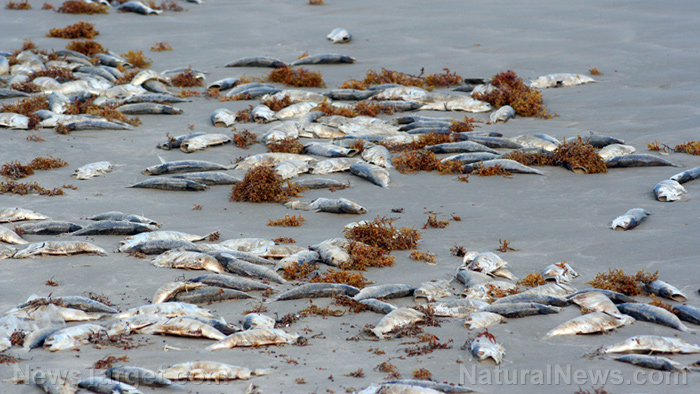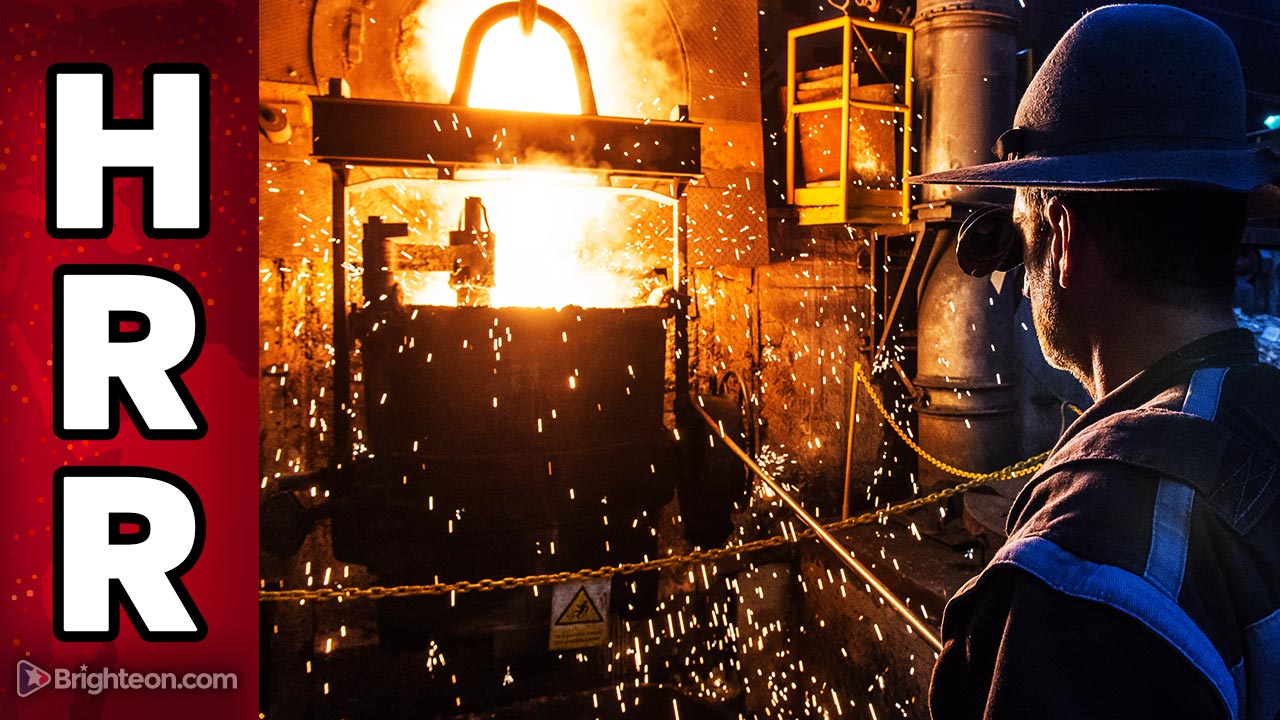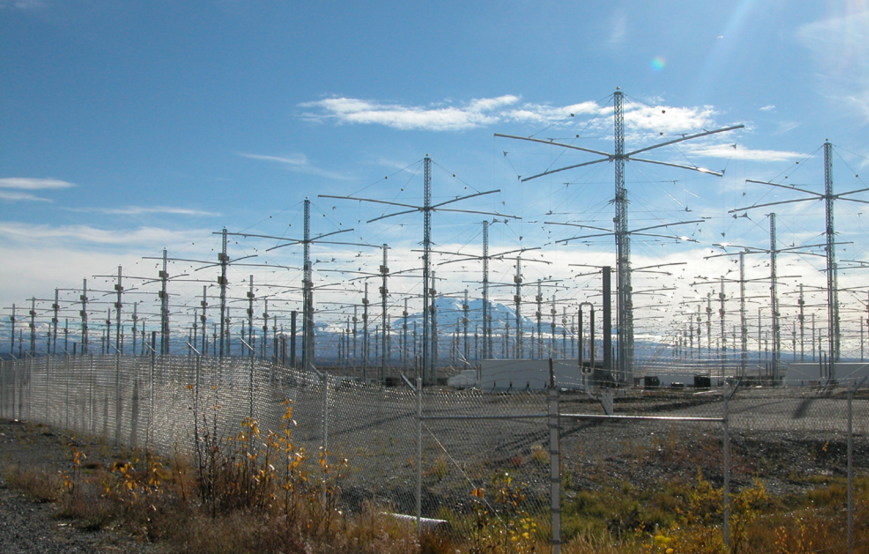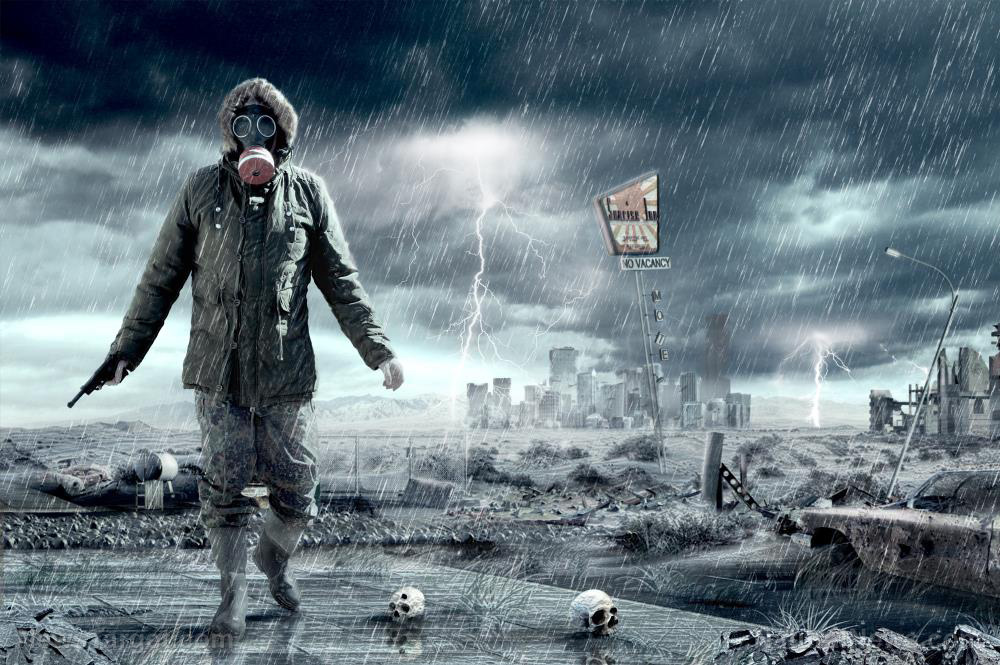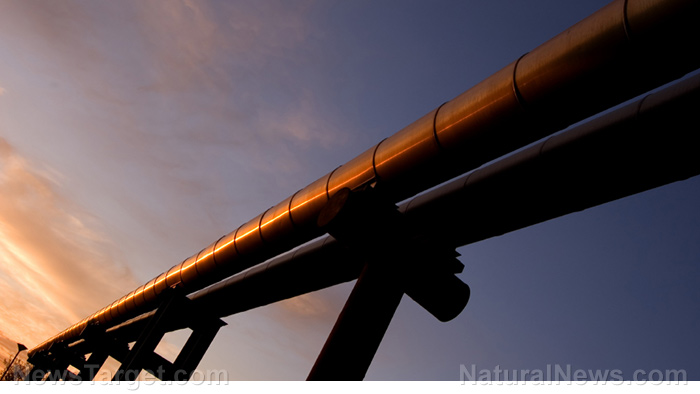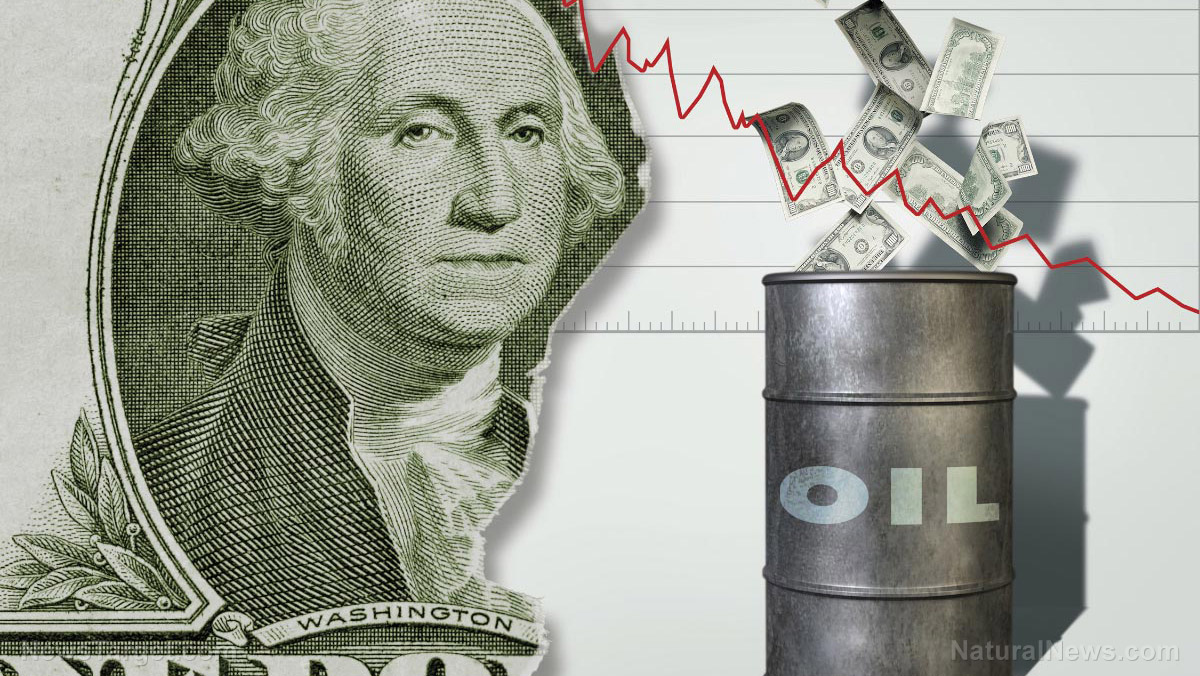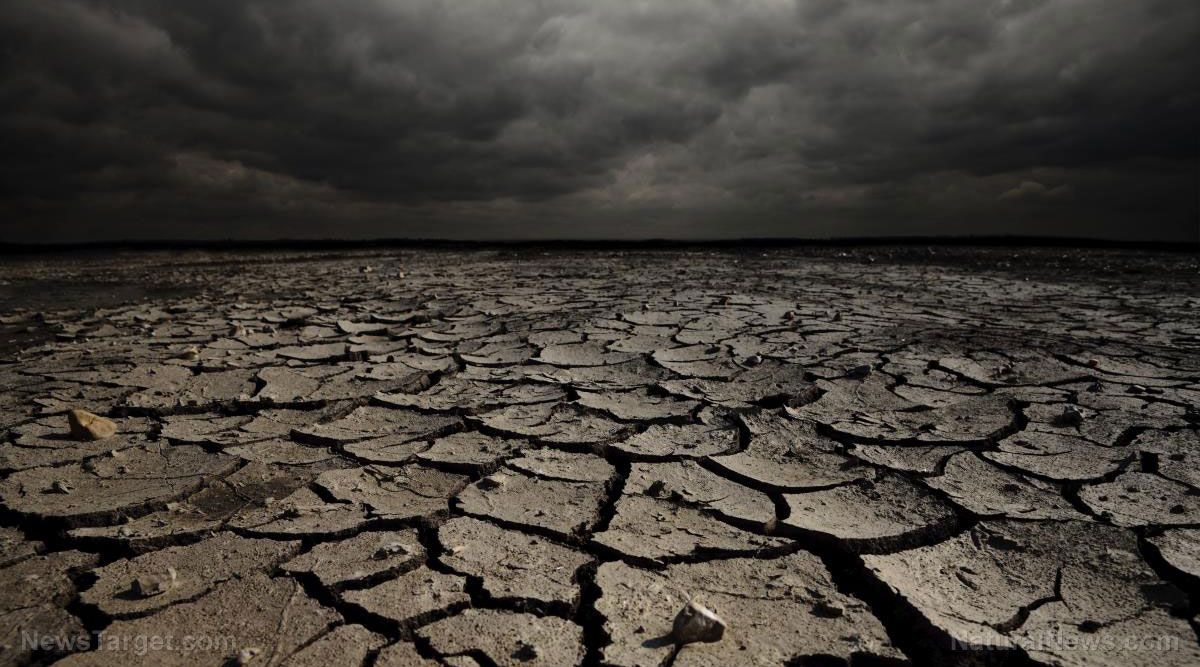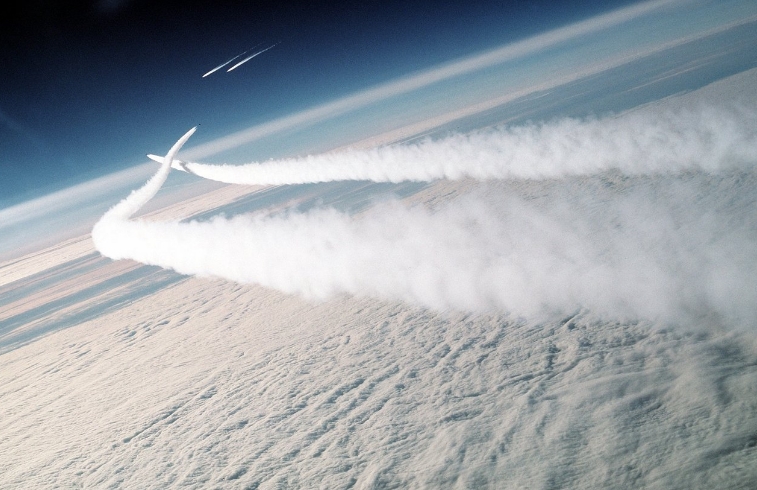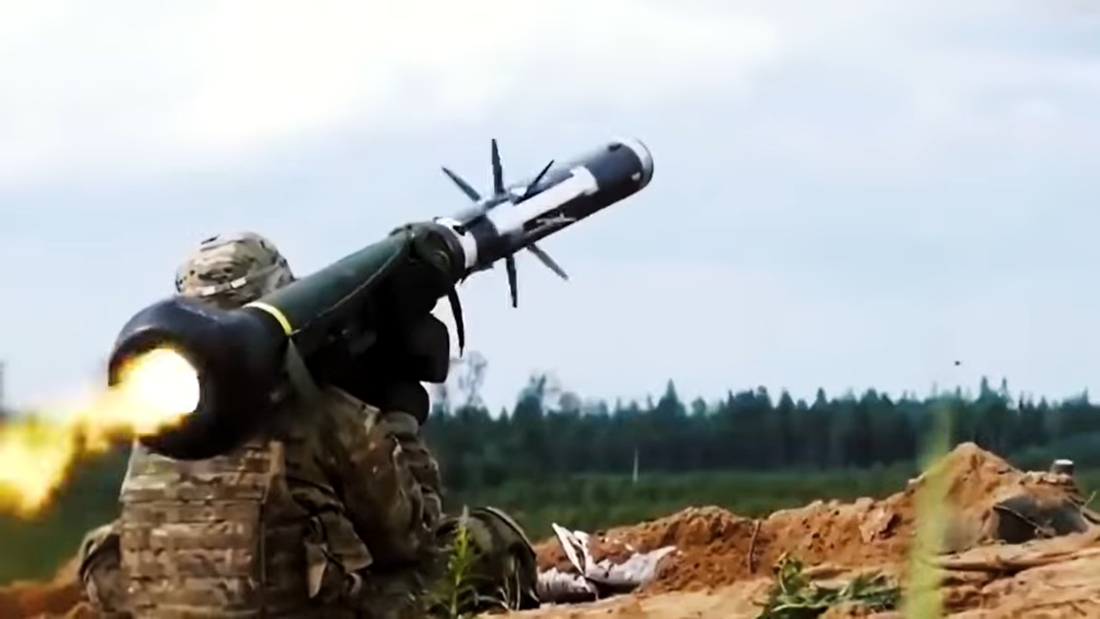Entire German economy being plunged into Dark Ages due to insane electricity prices; manufacturers HALT production
09/05/2022 / By Ethan Huff
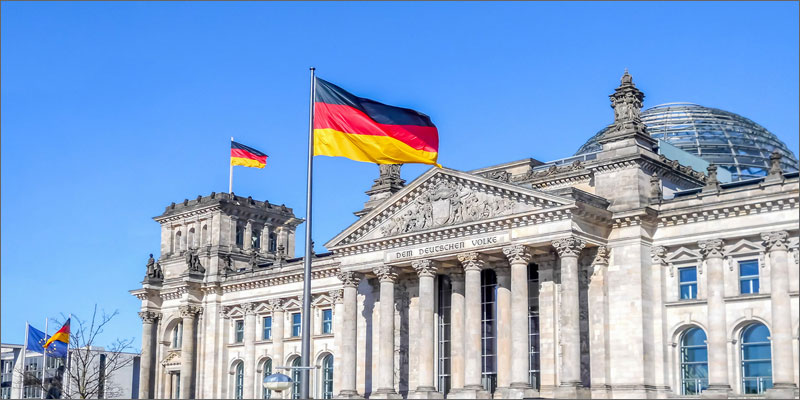
Energy has become so expensive in Germany that the (soon-to-be former) economic powerhouse of Europe is now seeing a manufacturing shutdown that threatens to collapse the nation – and eventually the entire continent.
Calling the situation “alarming,” economic minister Robert Habeck announced that while industry has been working over the past several months to reduce gas consumption, including by switching to alternative fuels like oil, many companies have just “stopped production altogether.”
“It’s not good news,” he said, “because it can mean that the industries in question aren’t just being restructured but are experiencing a rupture – a structural rupture, one that is happening under enormous pressure.” (Related: Germany is about to lose at least half of its crop harvest as well due to drought.)
Year-ahead electricity prices in Europe soared to record highs this past week, only to drop by half not long after. Still, the price is obscenely high – see the graph at this link – and manufacturers are responding by closing up shop.
“Europe is facing economic devastation and depression at a scale that will make 2008 seems [sic] like a walk in the park,” reports Zero Hedge about the situation.
Germany’s excessive operation leverage is “much more than Lehman Brothers,” warns financial expert
Everything from large industrial companies to small trading firms and medium-sized businesses – all of these make up Germany’s “Mittelstand” – is feeling the crunch. And firms within each of these sectors are shutting their doors because it costs too much to keep operating.
“Wherever energy is an important part of the business model, companies are experiencing sheer angst,” Habeck added.
Keep in mind that every business relies on energy – cheap energy, to be more specific. Without it, conducting business, especially in a globally competitive economy, quickly becomes impossible.
It turns out that large swaths of the German economy rely not on not just cheap energy but Russian energy, which Europe is refusing to buy due to United States-led sanctions over the invasion of Ukraine.
Other regions supply gas as well, but not as inexpensively as Russia, which holds some of the world’s largest reserves of oil and gas. Unless Germany starts buying from Russia once again, which does not appear likely, then Germany’s economy will go bye-bye in the coming months.
Habeck basically confirmed this, stating that the Russian energy competitive advantage that Germany has long maintained “won’t come back any time soon, if it ever comes back at all.”
Over the weekend, financial expert Zoltan Pozsar said much the same, explaining that Europe faces a “Minsky moment” triggered by excessive financial leverage – meaning the highly corrupt markets and financial system that feed them are once again to blame for this calamity.
“And in the context of supply chains,” Pozsar added, “leverage means excessive operation leverage: in Germany, $2 trillion of value added depends on $20 billion (worth) of gas from Russia … that’s 100 times leverage – much more than Lehman’s (Lehman Brothers).”
Meanwhile, the Nord Stream 1 (NS1) pipeline is once again closed for “planned maintenance.” This means that no Russian gas is flowing to Germany right now.
“The outage comes with European countries already laboring under sharp price rises as a result of dwindling Russian supplies,” reports the Hedge. “Prices have more than doubled since Russian exporter Gazprom first restricted deliveries through Nord Stream 1 three months ago.”
Siegfried Russwurm, the head of Germany’s main business lobby, BDI, says that recent interest rate hikes in the U.S. coupled with slowing growth in China is hitting Germany with a second punch because China is one of the country’s largest export markets.
The collapse of the global economy is well underway. To keep up with the latest, visit Collapse.news.
Sources for this article include:
Submit a correction >>
Tagged Under:
chaos, Collapse, economic collapse, economy, electricity, energy, energy prices, Germany, industry, inflation, manufacturing, market crash, power grid, shortages, supply chain
This article may contain statements that reflect the opinion of the author
RECENT NEWS & ARTICLES
COPYRIGHT © 2017 DISASTER NEWS

